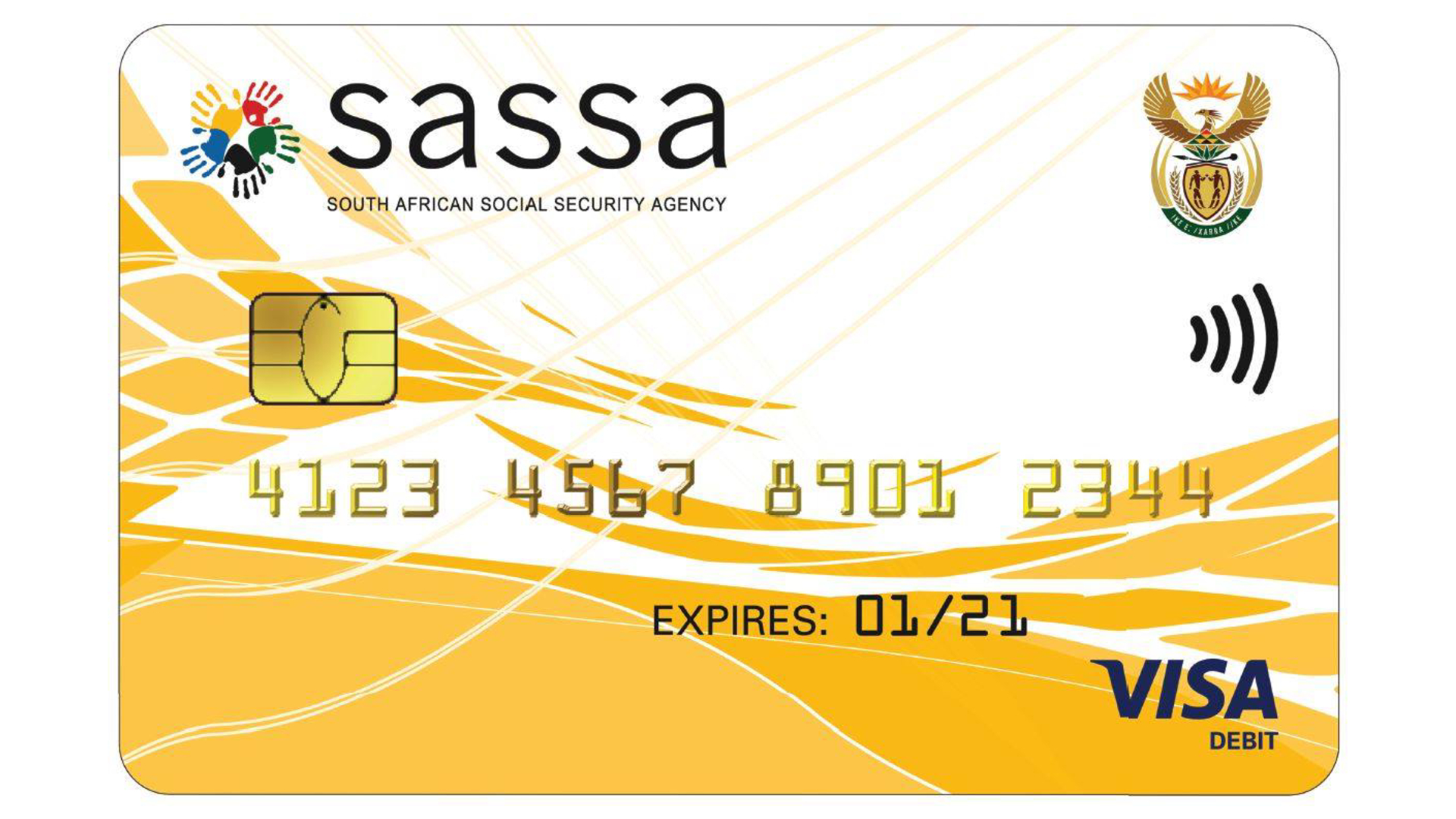- The Universal Basic Income Coalition (UBIC) is alleging that SASSA’s automated fraud detection places unfair barriers for poor people to receive their monthly allowances.
- It says that extra hoops like a biometric verification process makes it even more difficult for recipients who do not have a smartphone or internet access.
- Coalition members are now looking to launch litigation against SASSA’s handling of the SRD grant.
The Universal Basic Income Coalition (UBIC), which counts the Congress of South African Trade Unions (COSATU) among its members is alleging that the South African Social Security Agency (SASSA) is actively making it more difficult for recipients to receive their Social Relief of Distress (SRD) grants.
According to the Coalition, via a statement published to their X account on Monday, SASSA is using fears of fraud as reasons to make recipients “jump through yet more hoops to access their meagre entitlements.”
The SRD grant increased by R20 to R370 per month, per beneficiary in March this year.
UBIC says that it has become aware of many profiles of SRD grant recipients automatically being flagged by SASSA as being “at risk of having committed or been the victim of identity theft or fraud.”
SASSA apparently places these profiles on suspension until the owners can complete a biometric identification process. UBIC says, as per the agency, if recipients cannot complete this process their accounts will be closed and their payments cancelled.
“Even if these beneficiaries successfully completed their verification and were approved for June, they may not receive their grants this month due to the allocated pay dates,” explained Elizabeth Raiters of #PayTheGrants, a member of UBIC.
UBIC says that the recipients they have been in contact with who have been suspended are “community members living in food poverty” and have committed no fraud.
“While we understand the necessity to curb fraud, the manner and timing in which SASSA has rolled out these changes have placed an undue burden on already vulnerable individuals,” adds Raiters.
Muddying the waters further are the hoops that UBIC says these people must now jump through to perform the biometric verification. This includes using a camera-enabled phone and having internet access, which many who are living in poverty do not have access to.
Another concern for the coalition is what they call “the apparent use of automated systems and third-party data to assign what seems for all intense and purposes to be criminality risk profiles or scores to beneficiaries.”
This allegation entails that SASSA has systems in place that automatically judge the behaviour of recipients and decides whether they are capable of conducting fraud or not. With restrictions in place for recipients deemed to be of risk.
“The type of data that is used and the parameters by which risk is assessed are, to our knowledge, not disclosed,” the coalition says, claiming that SASSA is in partnership with banks to gain access to the data of beneficiaries in order to run these algorithms.
“It is unclear the extent to which beneficiaries have provided consent to their data being shared and used in this way. It is also unclear whether beneficiaries are able to request information on how an automated decision affecting their access to income was arrived at, or to seek recourse for harms arising from such decisions,” it adds.
#PayTheGrants and the Institute of Economic Justice, two members of the UBIC, are now looking at launching litigation against the government over the management of the SRD grant. The coalition is calling for the government and SASSA to become more transparent about the digital systems surrounding the SRD grants and that “unnecessary barriers” be removed.

